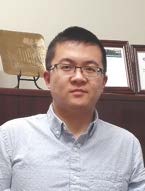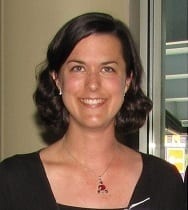Dr. Robert Schafrik from IMSE and the National Academy of Engineering will remotely present at the Seminar Wednesday February 7 at 1:15pm in Room 101 of College Hall (CH). Dr. Schafrik’s presentation title, abstract, biographical sketch, and a link to CH on the campus map are below.
Title: Materials for a Non-Steady State World
Author: Robert Schafrik
Location: College Hall (CH) Room 101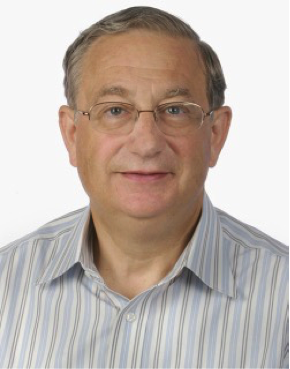
Date: Wednesday, February 7
Time: 1:15pm – 2:15pm
Abstract: Since antiquity, human society has greatly benefited from advancements in materials and processes, and anticipation for continued improvements are a cornerstone of societal progress in the modern world. Expectations for successful introduction of new products continue to rise non-linearly–implementation of the appropriate material solution is the key to success. This presents great challenges to the materials and manufacturing communities; the top challenges include: increasing the speed of development; high reliability of the end product; exceeding expectation in product performance; and attractive value proposition for the supplier base and the end users. These challenges are being addressed by many technologists, including those in the aero engine community. The successful algorithm has three key elements: forward-looking strategy, development guided by senior design engineers, and partnership with the supply chain. A critical constituent of each element is nurturing the materials and manufacturing team to incorporate vision and creativity with expert knowledge. This presentation will discuss these elements with examples of how it was successfully employed. It will conclude with go-forward challenges.
Biographical Sketch: Robert E. Schafrik, Ph.D., NAE was elected to the National Academy of Engineering in 2013 for more than 40 years of innovation in materials for gas turbine engines. He retired as general manager of the Materials and Process Engineering Department at GE Aviation in 2014 after more than 16 years in the position. During his tenure he and his team reduced the development time for several new materials, including low rhenium turbine blade alloy, R65 (a high-temperature cast-and-wrought disk alloy), and titanium aluminide turbine blade alloy, and greatly expanded the use of composite applications in engines. He was hired in 1997 as a senior staff department engineer. From 1991-97, he staffed the National Research Council’s National Materials Advisory Board (NMAB) and Board on Manufacturing and Engineering Design (BMAED), following three years as vice president of research and development at Technology Assessment and Transfer, Inc. Schafrik spent 20 years on active duty in the U.S. Air Force before retiring as a lieutenant colonel in 1988. He served as chief of the Long-Term Planning Division with the Strategic Defense Initiative Organization (SDIO) at the Pentagon and, before that, as chief of the Air Superiority Division for the Headquarters Air Force Systems Command (AFSC) at Andrews Air Force Base. He chaired the NRC National Materials and Manufacturing Board and the External Advisory Committee for the Materials Science and Engineering Department at Ohio State University, and was a member of the Air Force Scientific Advisory Board. Schafrik earned his B.S. degree in metallurgy from Case Western Reserve University, an M.S. in aerospace engineering from the Air Force Institute of Technology, a second M.S. in information systems from George Mason University, and a Ph.D. in metallurgical engineering from Ohio State University.
-Posted by Jay Rosenberger


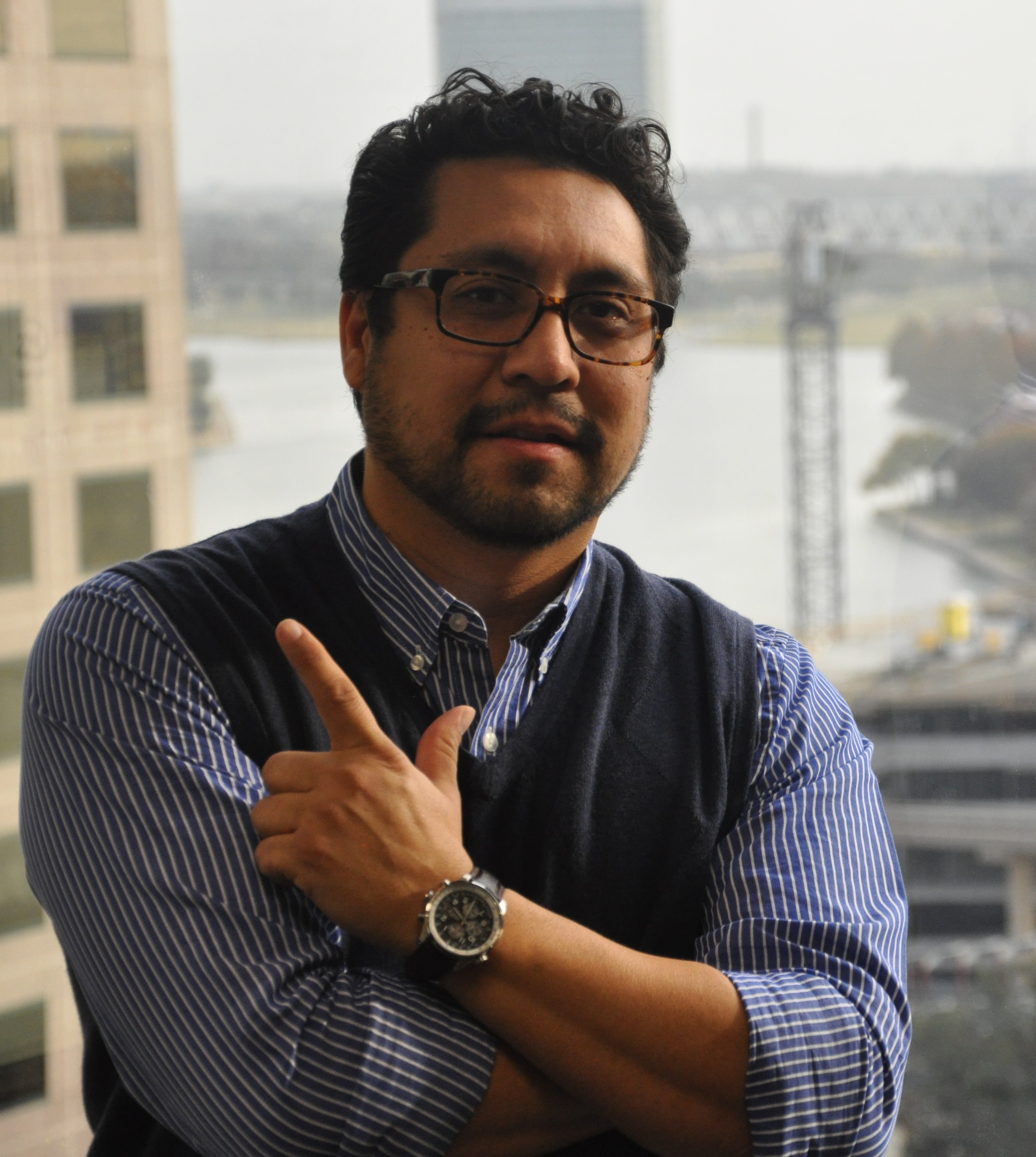
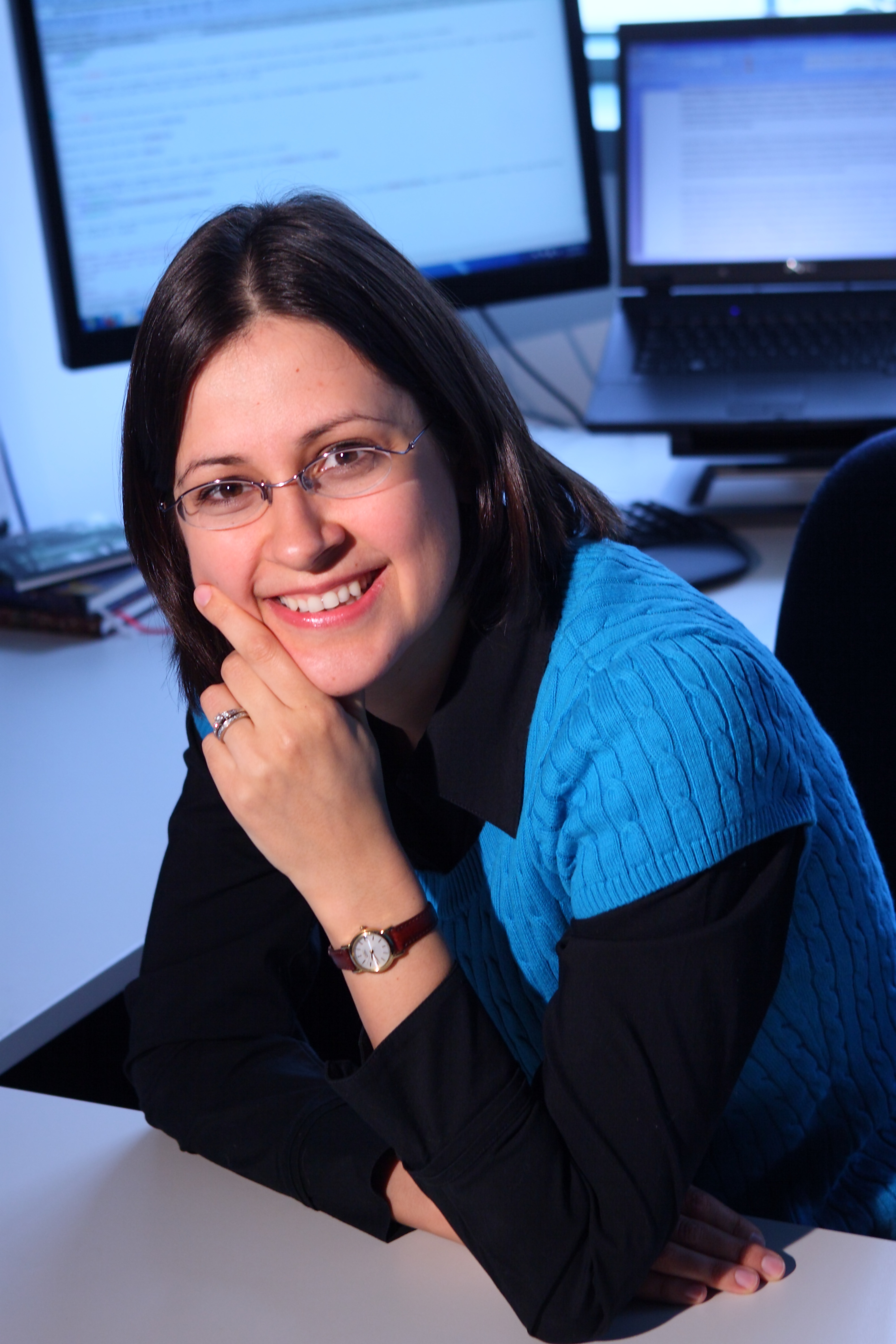
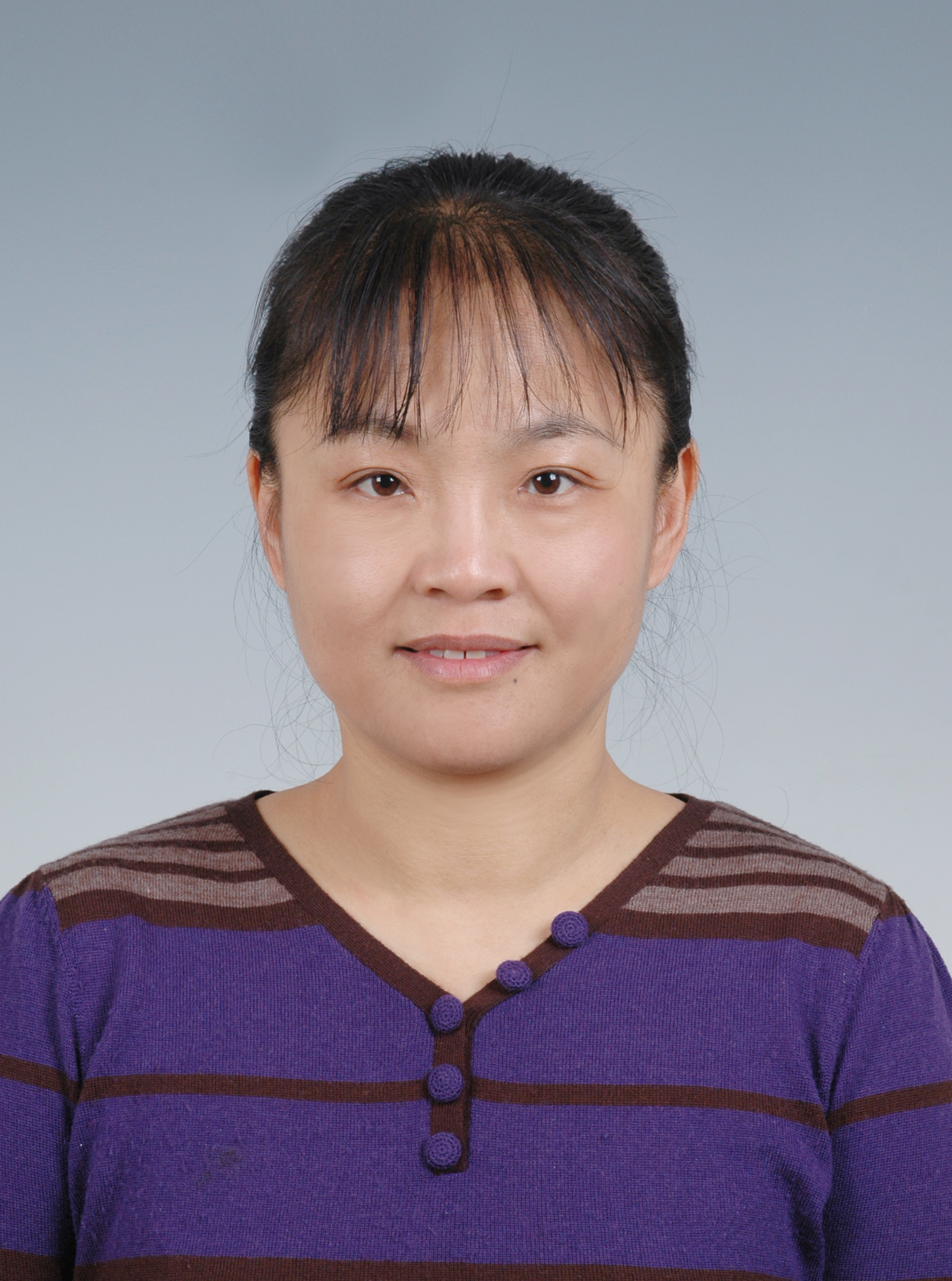 Location:
Location: 
